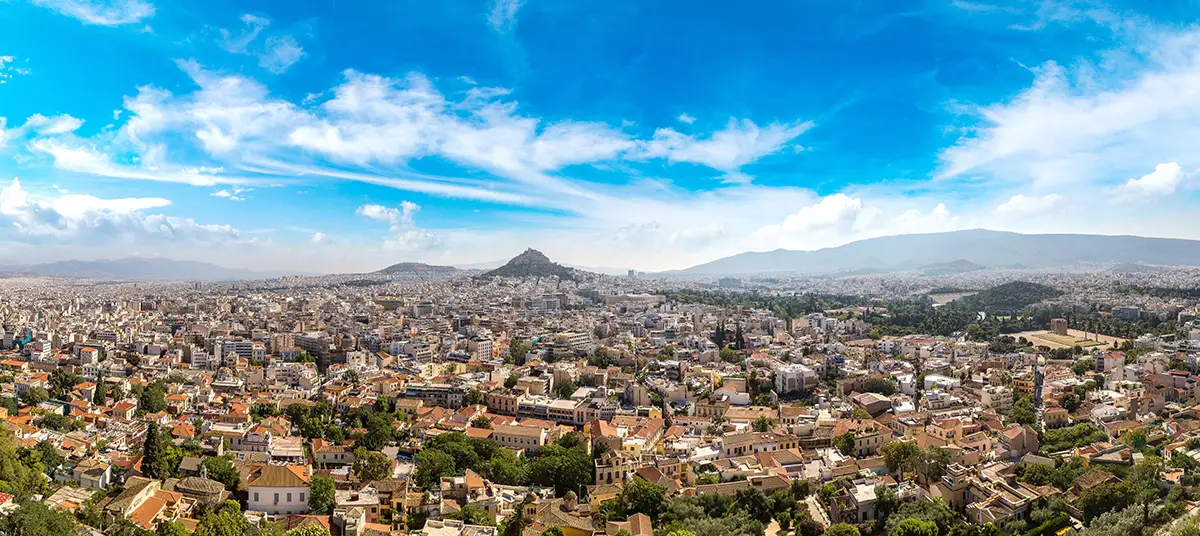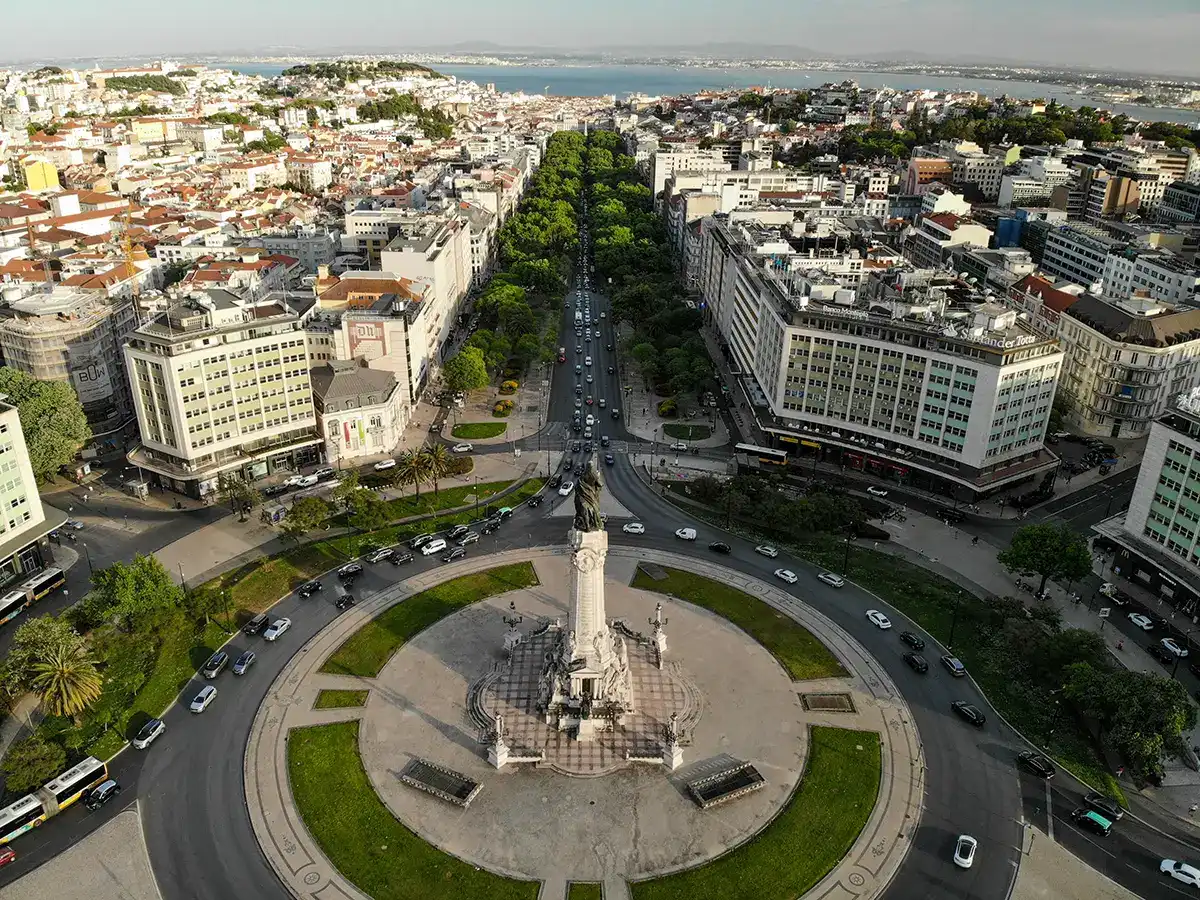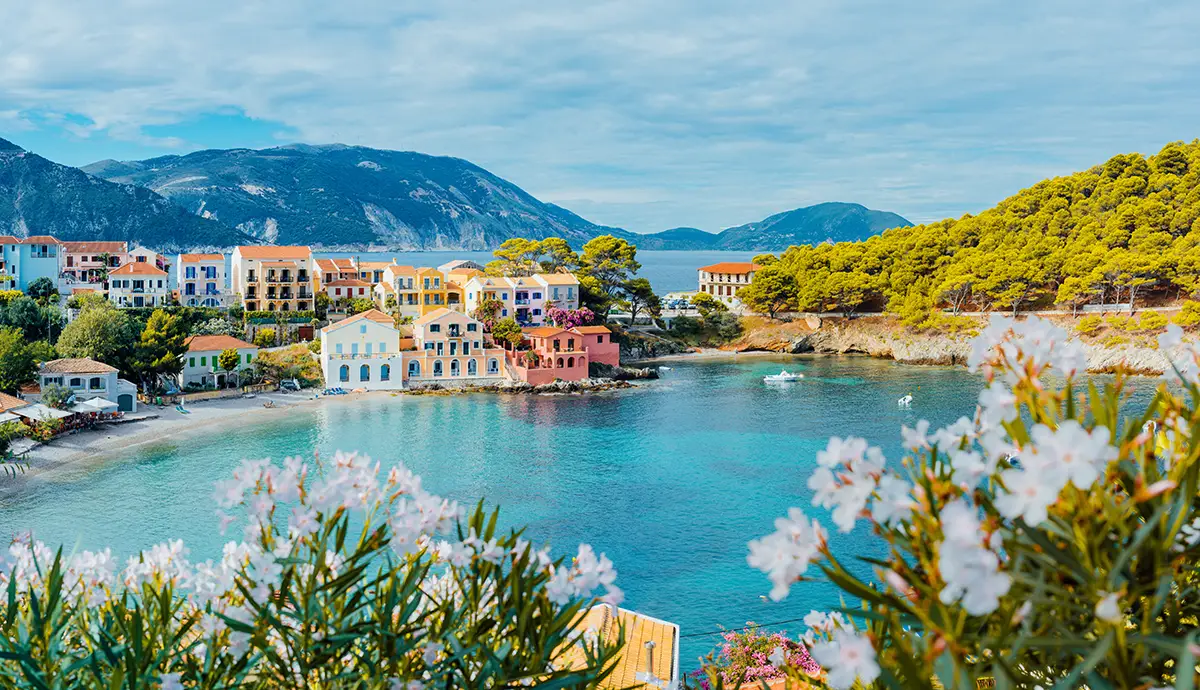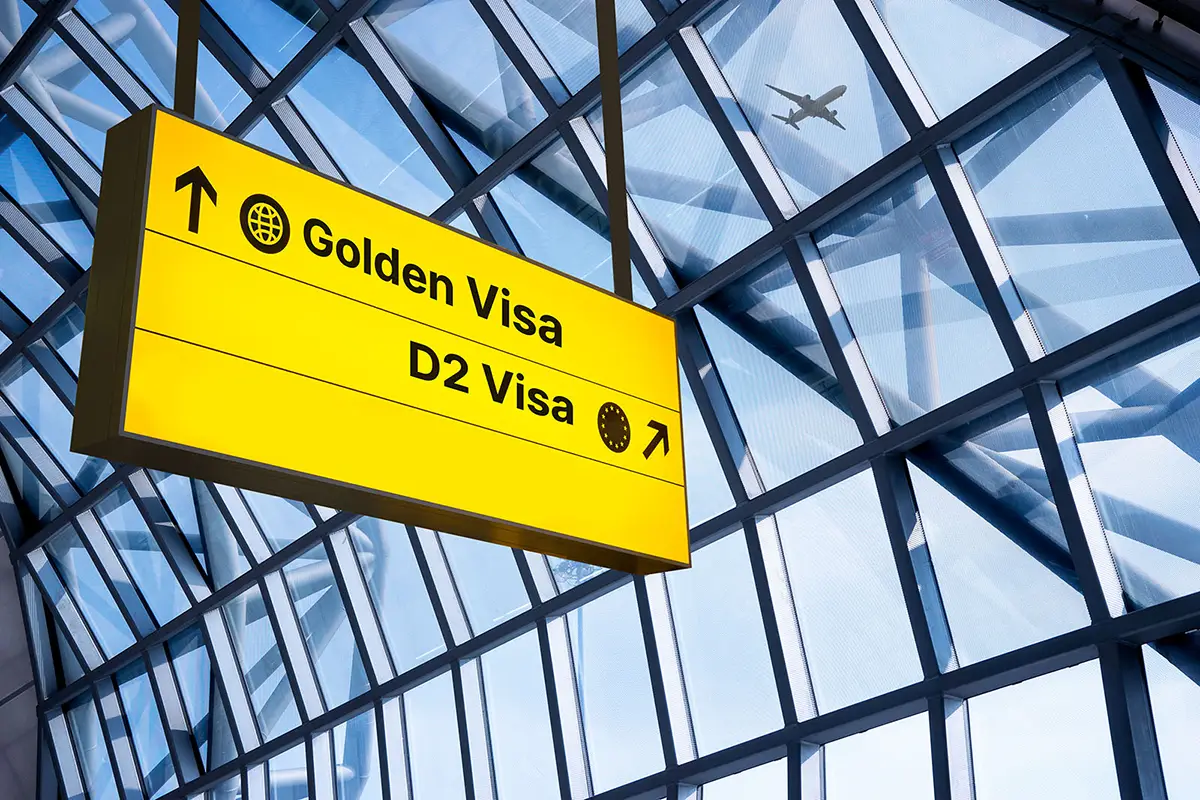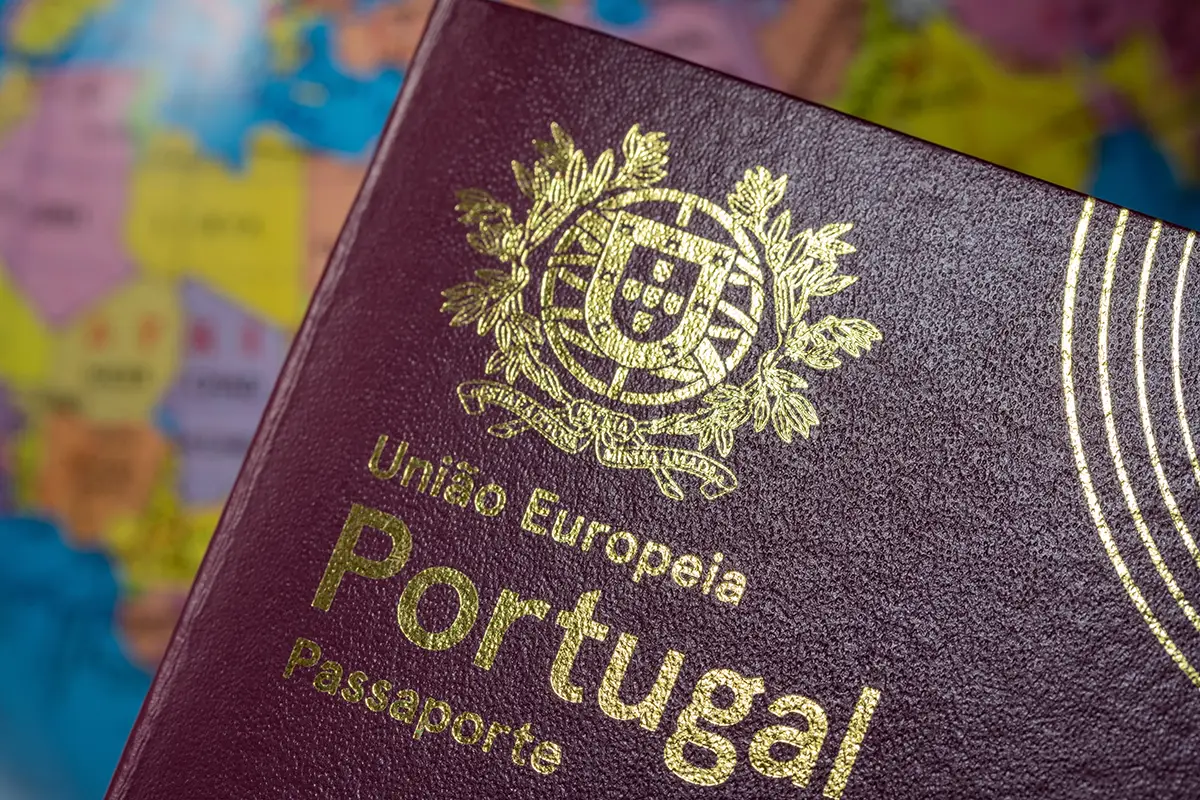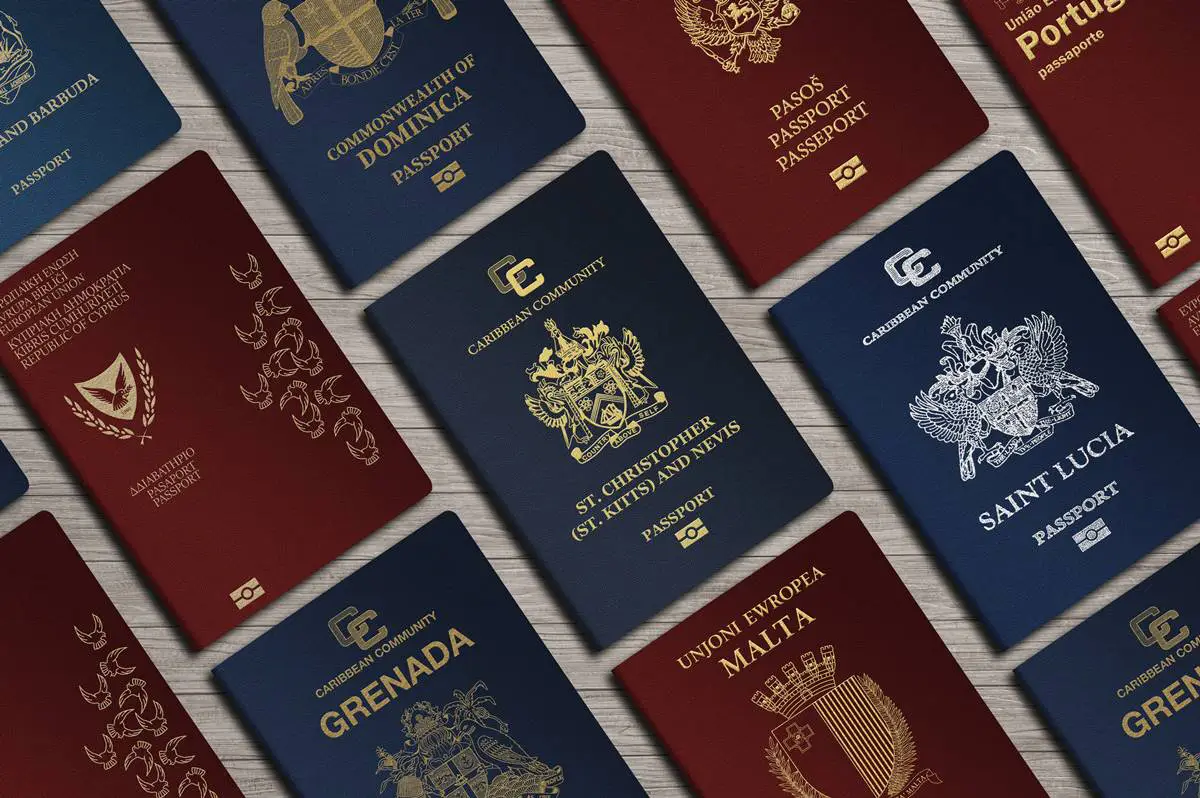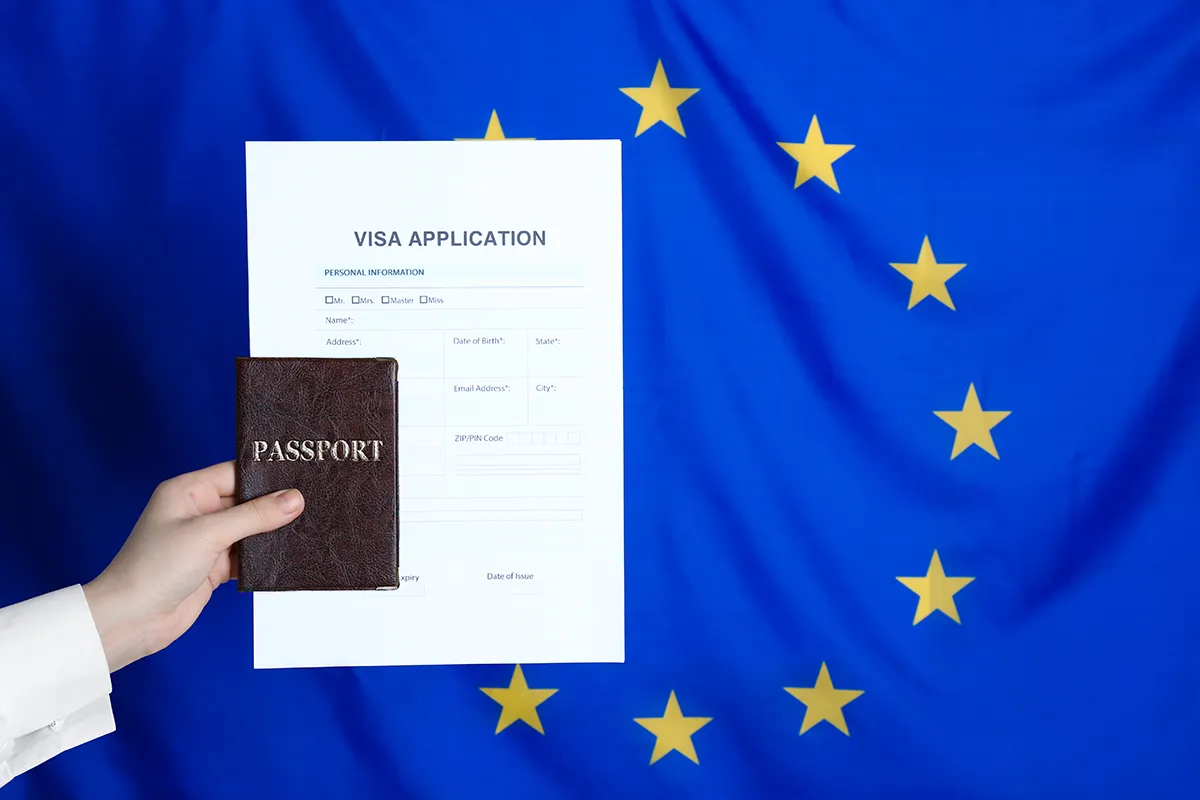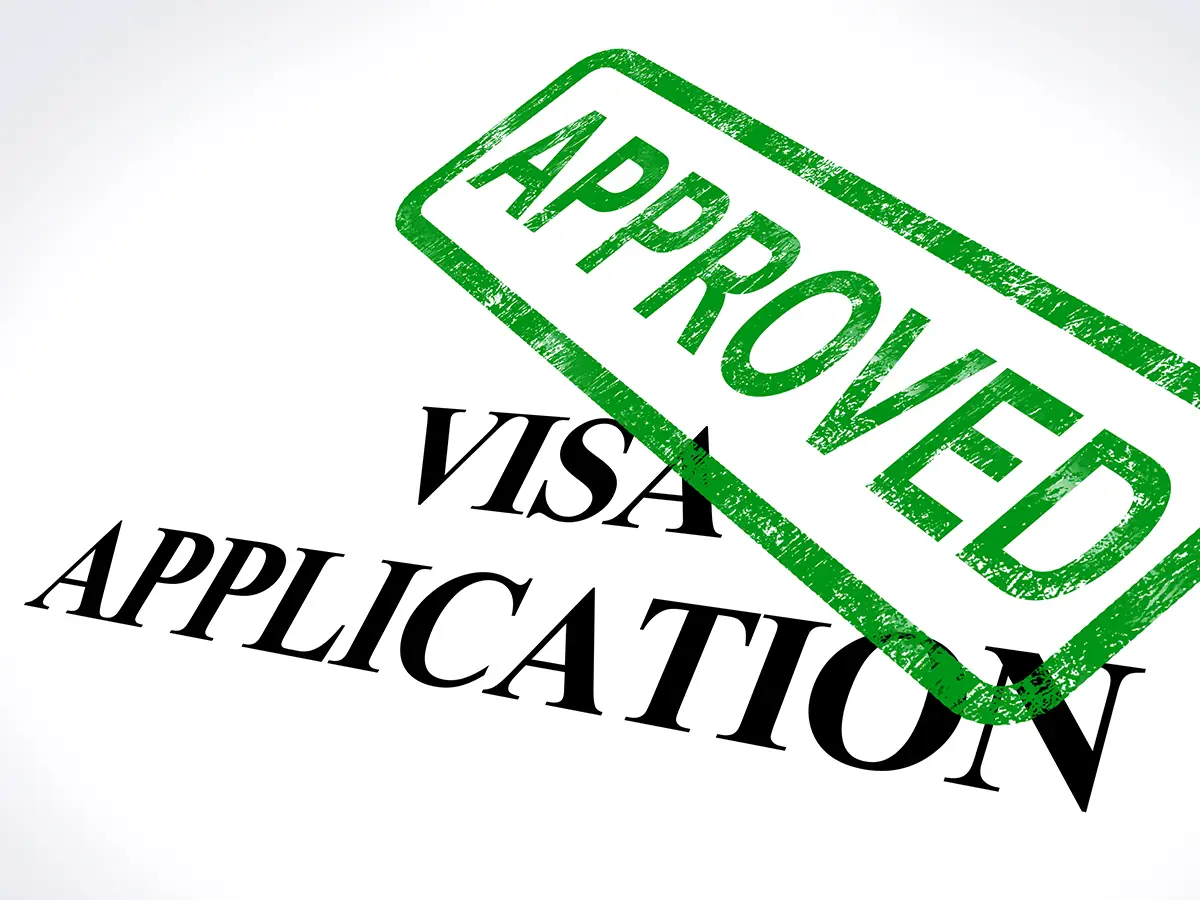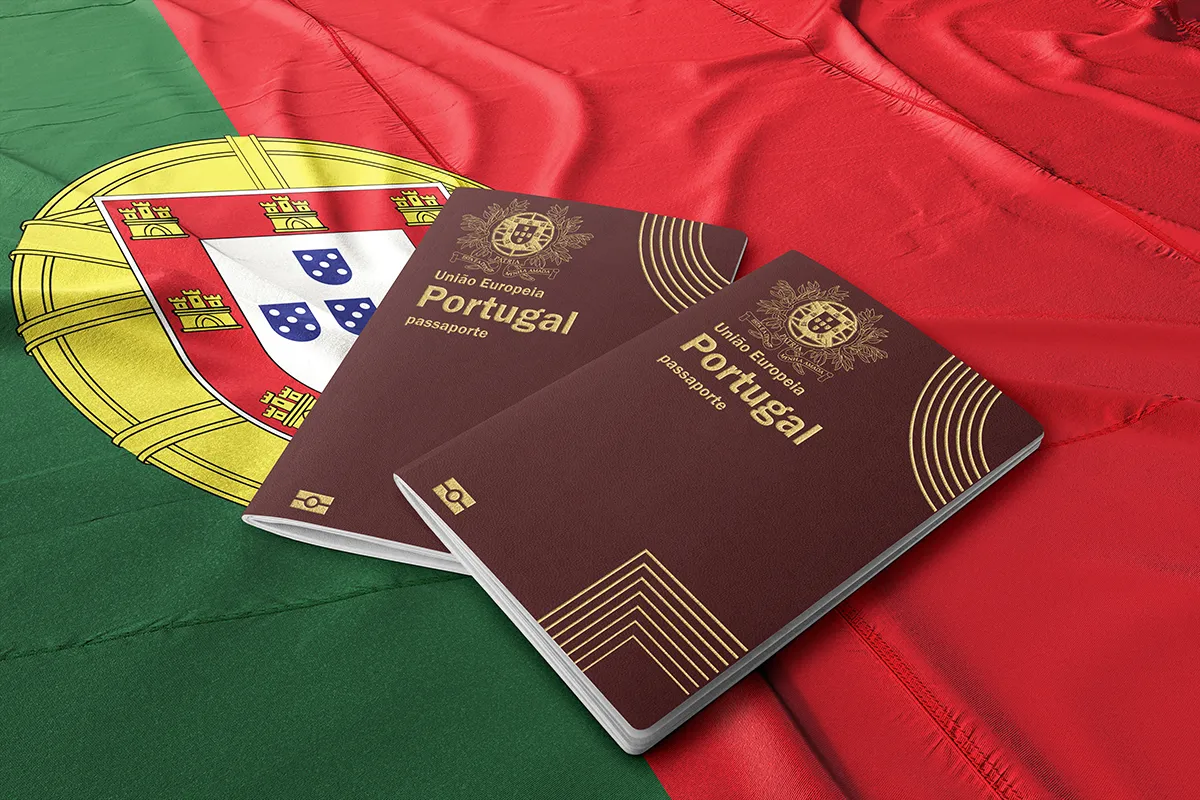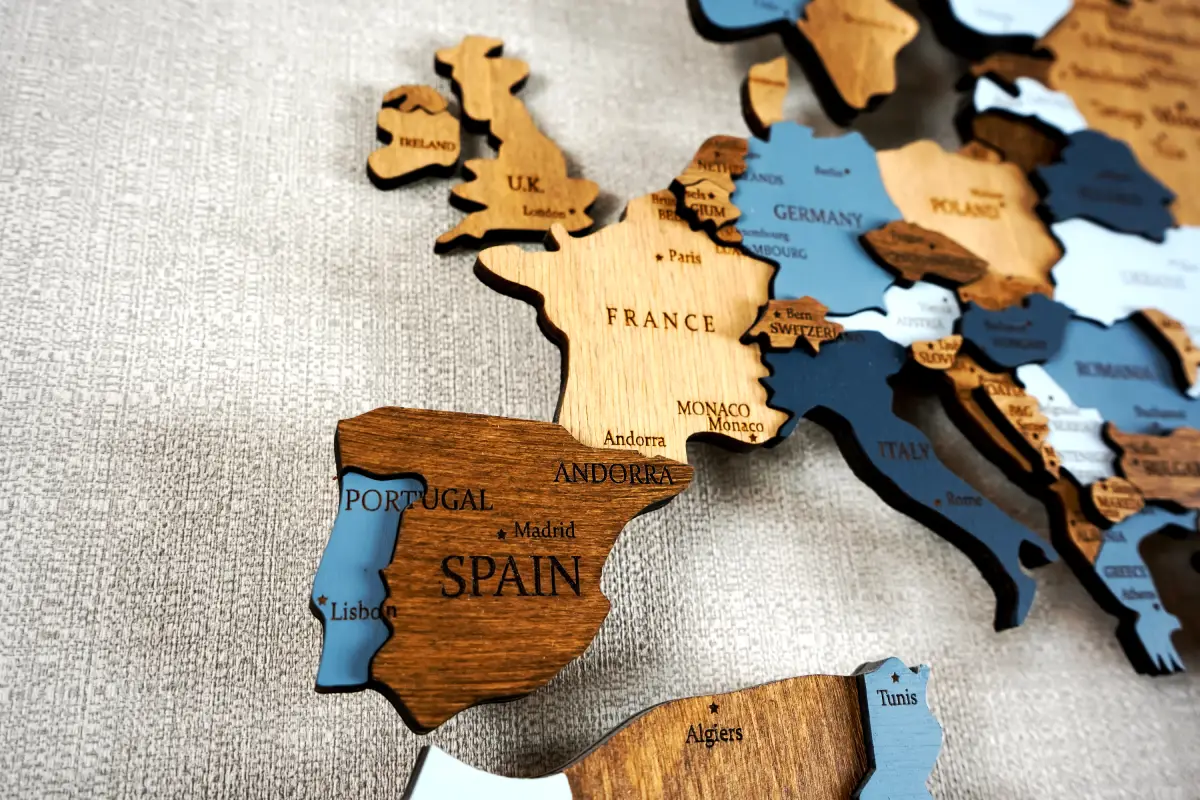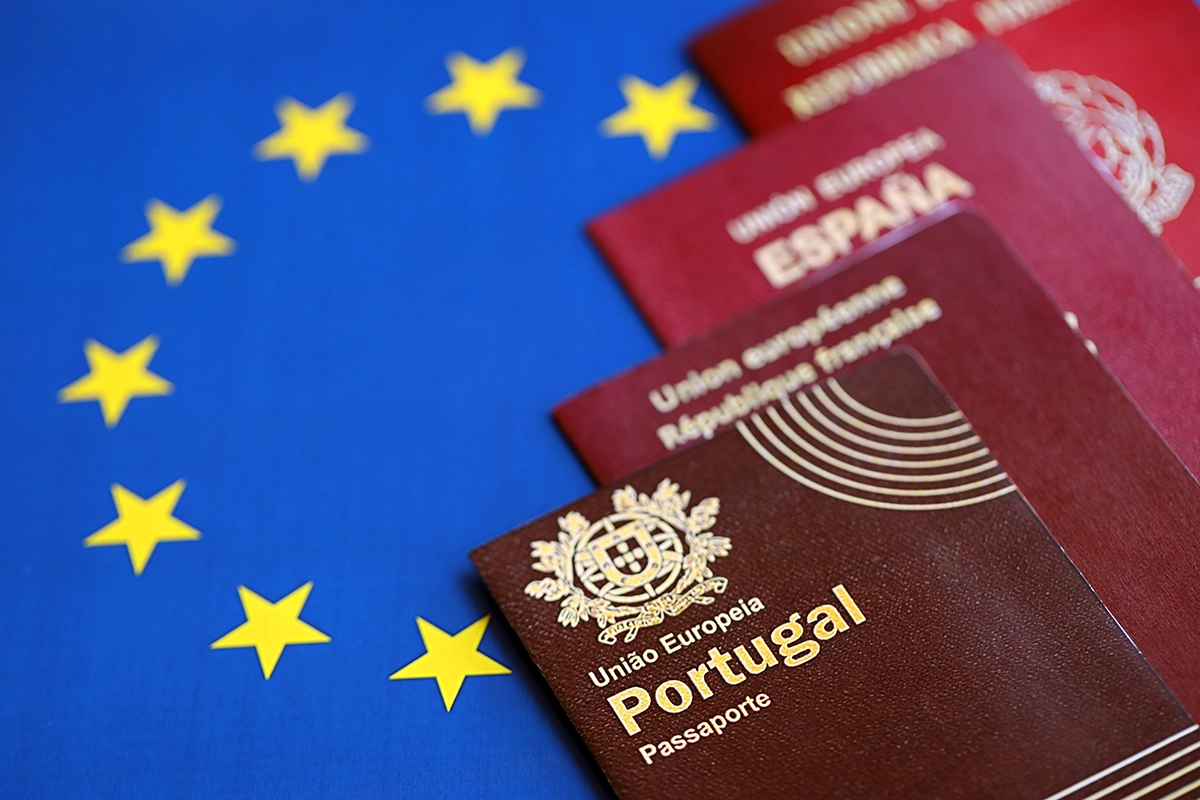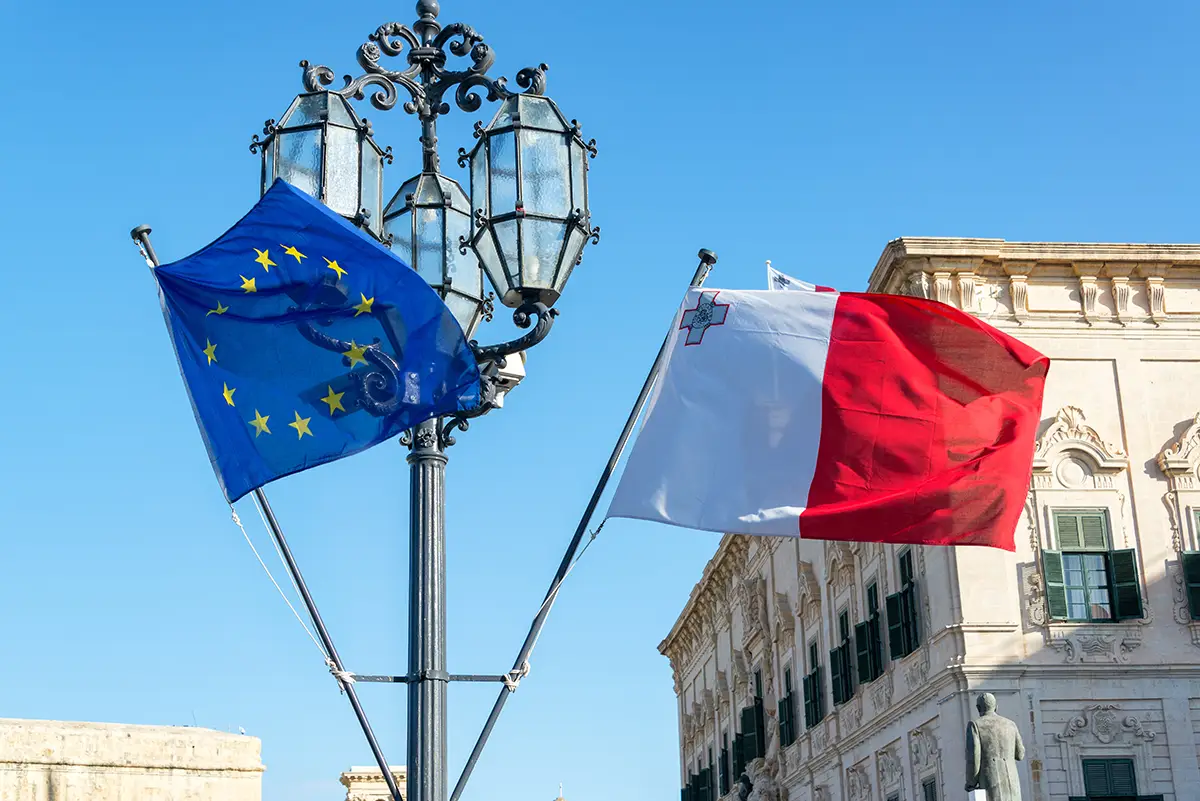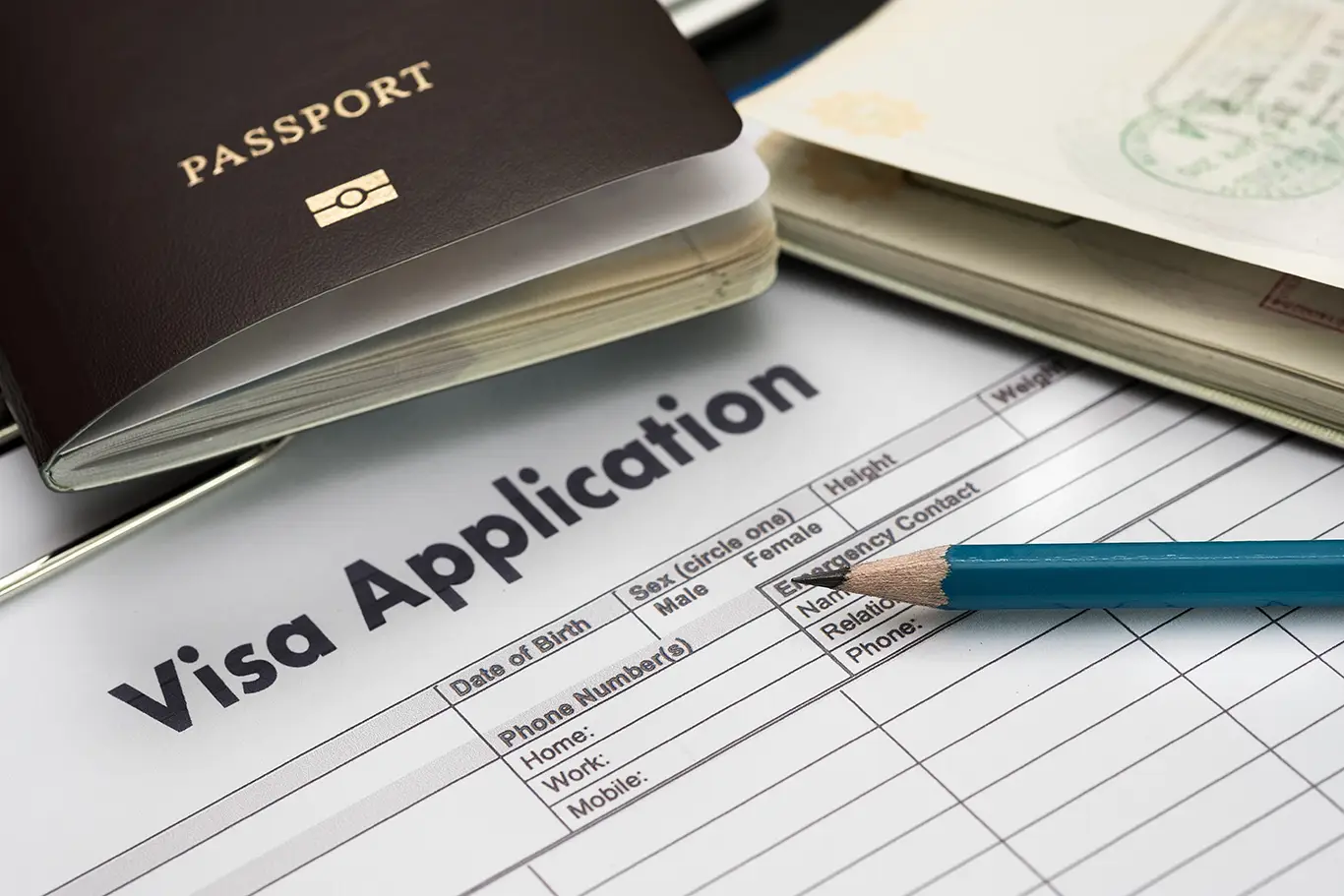What is a Second Passport?
A 2nd passport is a document entitling you to another country’s nationality, and all the benefits that come with it.
Having a second passport lets you legally live, work and study in your second country.
Additionally, a second powerful passport also allows you to travel visa-free to other countries that you may have been barred from because of your original passport.
Second Passport Benefits
In some countries, a residency visa or a permit to live permanently will bring you a lot of benefits that will maybe make you wonder if you need a second passport at all. Although applying for citizenship will most likely be a more meticulous task, a second passport will offer benefits that visas simply cannot.

Freedom of Movement
If you have a strong second passport, you get visa-free access to other countries, which eliminates all the bureaucratic hurdles associated with getting a visa approved.
Plan B
Having a second nationality can act as a strong Plan B passport, netting you peace of mind in times of political uncertainty and economic instability, as you’ll be able to easily relocate and move to your second country of citizenship.
Safety
As something that you can pass down to your children, ensuring your family’s legacy, having a second passport is your very own key to a safe haven.
Should the situation in your home country worsen, you can always relocate to your second country.
Business Opportunity
A second passport unlocks new business opportunities abroad, where there might be better or more favorable conditions.
With a passport in another country, you might also get access to other international banking options, expediting certain processes.

How to Get a Second Passport: The Four Ways to a Second Citizenship
There are a few different paths to obtain a new citizenship, and therefore a passport, and not everyone will be eligible for all of them.
Investment: The Easiest Way to Get a Second Passport
A handful of countries grant citizenship by investment or offer the opportunity for residency investors to apply for a second passport after a set time.
These options are available per strict due diligence and an investment – usually in real estate, and definitely fit the easiest second passport criteria, although costs always vary by jurisdiction.
Descent
You may qualify by descent through your parents or grandparents.
It’s often the most affordable option to get a second passport, but also one of the longest, since it requires lots of documentation and involves lots of bureaucracy.
Marriage
One of the most common forms of obtaining a new passport is through marriage.
Almost every country will allow the spouses of their citizens to naturalize.
Naturalization after Residency
The longest way how to get a second passport is via naturalization.
You must first obtain legal residency, meet stay and integration rules, and only then naturalize. I
t usually takes anywhere between 5-10 years to get a second citizenship.
Read more:
Cheapest Citizenship by Investment Programs in 2025
Best Countries to Get a Second Passport
Ancestry and marriage are two things that do not depend entirely on you.
Naturalization after residency and investment are the only two options that's completely within your control.
Here are the best countries for dual citizenship or that have easy access to an excellent second passport.
That means they're realistic options, with clear pathways toward citizenship and the travel document that comes with it.
Portugal
- In the Top 5 Most Powerful Passports in the World;
- Best Options: Portugal Golden Visa; Portugal D2 Visa
- Citizenship in 5 Years.
- >> Minimum Investment Amount: €155,000 <<
<< Your Portuguese Residency and Future Citizenship with a €155k Investment >>
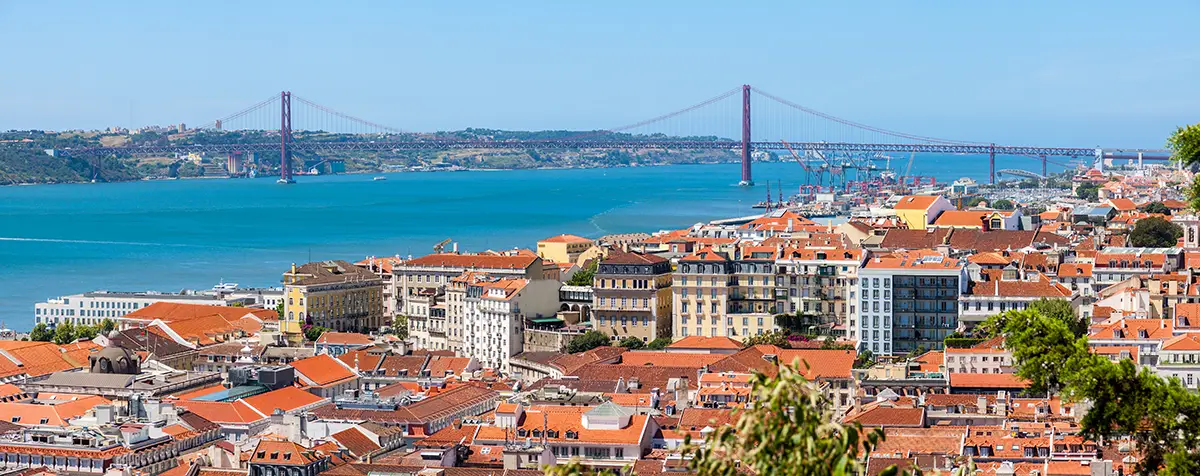
Greece
- In the Top 5 Most Powerful Passports in the World;
- Best Options: Greece Golden Visa;
- Citizenship in 7 Years;
- >> Minimum Investment Amount: €250,000 <<
Malta
- In the Top 5 Most Powerful Passports in the World;
- Best Option: Malta Permanent Residence Programme;
- >> Minimum Investment Amount: €750,000 <<
<< Get EU Citizenship for You and Your Family >>
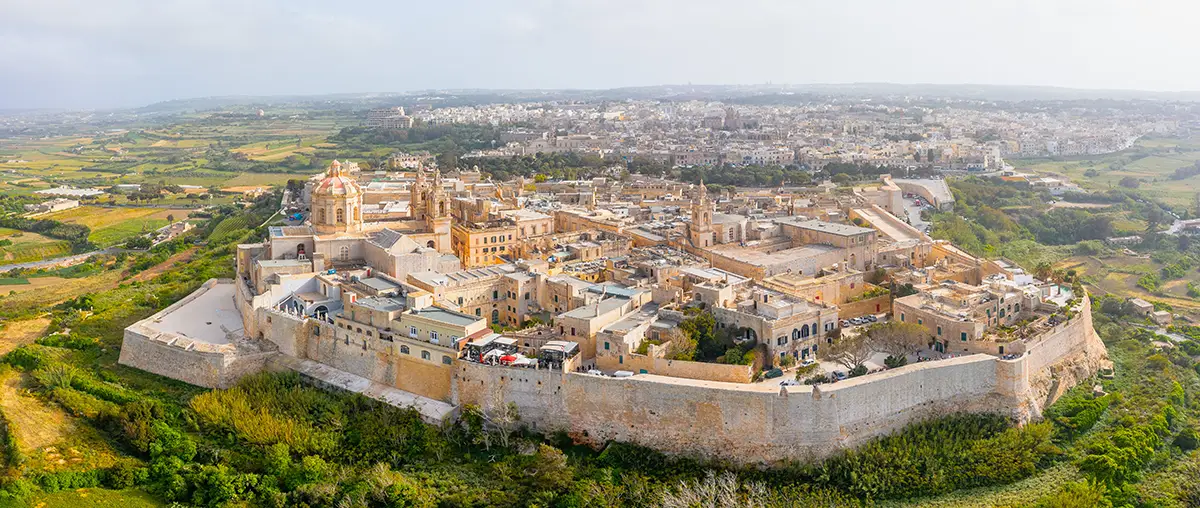
Antigua and Barbuda
- In the Top 25 Most Powerful Passports in the World;
- Direct Citizenship at the end of the application process;
- >> Minimum Investment Amount: USD $300,000 in Real Estate <<
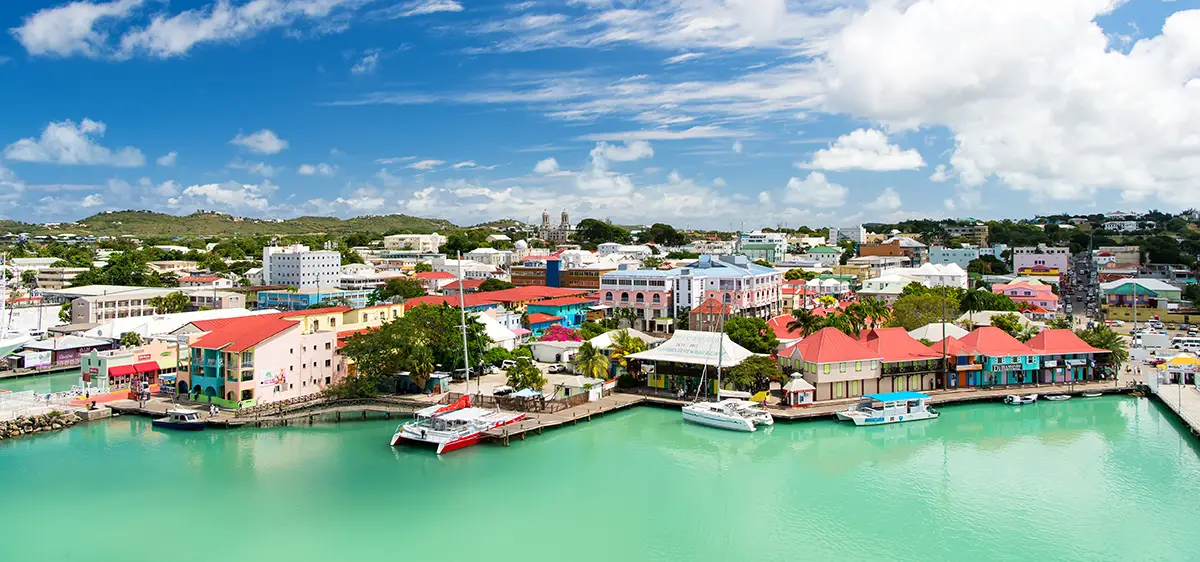
Dominica
- In the Top 30 Most Powerful Passports in the World;
- Direct Citizenship at the end of the application process;
- >> Minimum Investment Amount: USD $200,000 <<
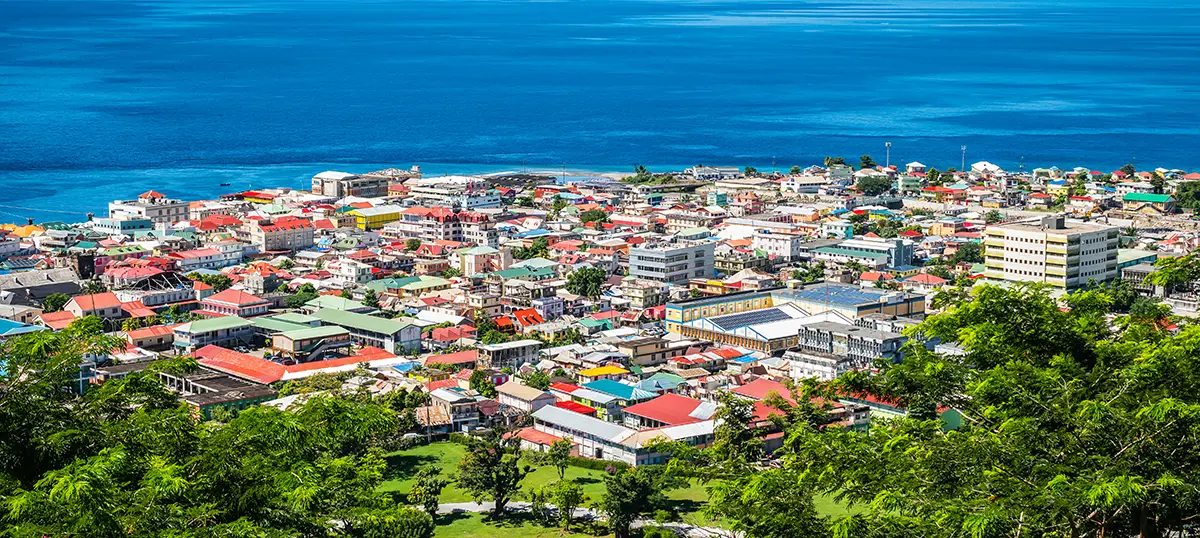
Grenada
- In the Top 30 Most Powerful Passports in the World;
- Direct Citizenship at the end of the application process;
- >> Minimum Investment Amount: USD $270,000 <<
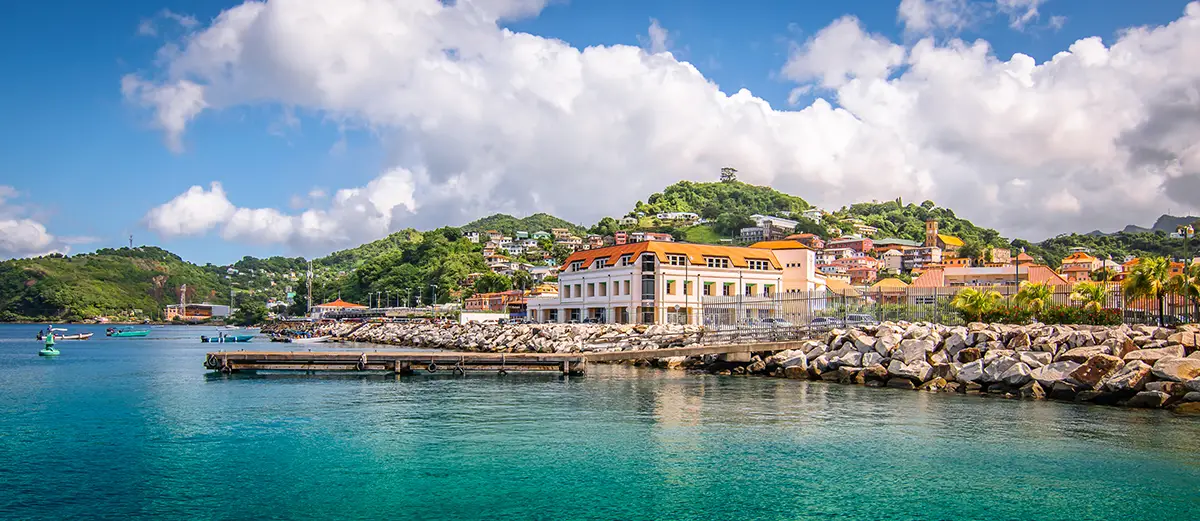
St. Kitts and Nevis
- In the Top 20 Most Powerful Passports in the World;
- Direct Citizenship at the end of the application process;
- >> Minimum Investment Amount: €325,000 <<

Documents & Requirements to get a Second Passport by Investment
While countries decide what documents they require to accept a formal citizenship application, generally speaking, they’re all going to request the same, which includes, but isn't limited to:
- Valid passport;
- Clean criminal record;
- Private health insurance;
- Proof of financial funds;
- Medical report;
- Birth or marriage certificates.
Besides these documents, you need to make sure you have the following in mind before to pursuing a second passport.
- Country & Investment Decision: What country will benefit you the most? This is the most important decision, as it'll impact the entire process. Investment Visa reccommends choosing programs in which there's the potential of obtaining a return on investment - either real estate or investment funds.
- Fulfill the Investment: With the proper strategy locked in place, the investment in itself is the most important step. Investment Visa acts as your mediator when you're buying real estate or funding a growth vehicle, we ensuring full compliance and transparency.
- Application Preparation & Submission: With the investment finalized, it's time to prepare your application to be submitted to the respective authorities. We carefully prepare and ensure everything is up to date, and we are proud of our 100% success rate.
- Final Approval & Permit/Passport Process: Depending on the country at hand, you'll either receive a residency permit or a passport, ensuring you finally get citizenship - or at least an extremely important step toward it.
Other things to keep in mind as well:
- There are always government, application and processing fees associated with the residency or citizenship investment;
- Some countries might require physical staty requirements, which should factor into the first step of the investment decision.
Second Passport for Business: Why Entrepreneurs and HNWIs Do This
How to get a second passport isn't all about personal reasons.
Many entrepreneurs, investors and HNWIs get second citizenship to accelerate their business dealings and expedite transactions.
With a second passport, businessmen benefit from:
- Global Mobility: visa-free access reduces wasted time with trips and bureaucracy. For many, it also means the right to live, work, study, or retire as a local citizen.
- Crisis Preparation: In times of political turbulence, having dual citizenship is a must to avoid crises from affecting you and your family.
- Asset Diversification: With a second passport, you can have assets abroad and prevent yourself from holding all of them in a single jurisdiction.
- Tax Strategy: Some countries offer preferential tax treatment to investors and businessmen. Always plan with licensed tax counsel for your personal situation.
How to Start Your Second Passport Journey
There are a few things you need to take into account before choosing whether or not to pursue a second passport.
First of all, you need to check if your home country allows dual citizenship.
Places like India and China, for example, don't allow it.
That means: to obtain a new passport, nationals of these countries will have to give up their original citizenship.
Another point that is important to check is the tax regime of both the current and the potential country that will be issuing your new passport.
If you want to also live in your new country, be sure to check if it has a tax treaty to where you are originally from, so you do not fall under a double taxation situation that will weigh on your earnings.
The Best Way to Start Your Second Passport Journey is to Count on the Support of Specialized Advisors
FAQ
Yes, some restrictions may occur. The U.S., for example, will require its citizens to enter and leave the country using their original passport, even for those who have a second passport.
The validity period of a second passport depends on the issuing country's policies and the type of passport issued. The average is from 5 to 10 years, just like a regular passport.
Countries offer second passports through investment programs, often referred to as Citizenship by Investment (CBI), for strategic and economic reasons. These programs allow individuals to obtain citizenship in exchange for a significant financial contribution, which benefits the host country that will be able to best develop with the help of the foreign capital those programs attract.
The main disadvantage will be related to taxes, if the countries involved do not have a double taxation treaty. Also, some nations do not allow dual citizenship, requiring you to renounce your original citizenship to acquire a second passport.
The Caribbean Islands, as well as Vanuatu, have pretty fast processing times, averaging from 3-6 months.
Taking Citizenship by Investment programs into account, Vanuatu offers the most affordable path for a second passport, with the minimum threshold being USD $138,000. The Caribbean Islands also have very affordable options, starting at USD $200,000.
Yes, U.S. citizens can obtain a second passport, as the country allows for dual citizenship. However, the U.S. requires its citizens to continue to meet U.S. obligations, such as paying taxes on worldwide income and to comply with national laws.
That will wildly depend on how it will be obtained and where. A passport that is received through marriage or ancestry will cost less, as the applicant will only have to pay for administration fees and documentation translation and certification. Passports acquired through investment will also vary but will always be over the USD 100.000 mark.
A second passport is an official travel document issued by a country to someone who already holds citizenship and a passport from another nation. It allows the holder to travel, reside, and enjoy rights and privileges in the issuing country as a recognized citizen.



